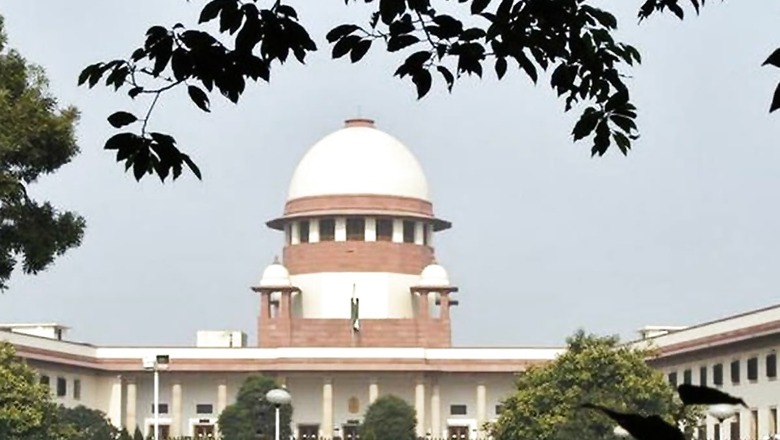
views
The Supreme Court on Monday granted three weeks' time to the Centre to consider filing a comprehensive affidavit on the grievances of ex-servicemen that there have been anomalies in implementation of the One Rank-One Pension (OROP). A bench comprising Justices D Y Chandrachud and K M Joseph took note of an affidavit of the Centre that an amount of Rs 10,795.4 crores has already been disbursed in pursuance of the executive decision to implement OROP.
The bench, in a hearing conducted through video conferencing, granted time to Solicitor General Tushar Mehta to consider filing a detailed affidavit on the redressal of grievances of ex-servicemen and fixed the plea of Indian Ex-Servicemen Movement (IESM) and others for final hearing on September 29. Senior advocate Huzefa Ahmadi, appearing on behalf of ex-servicemen, submitted that the grievance of ex-servicemen in the present proceedings has still not been redressed despite the apex court's order of May 1, 2019 and that “the original decision for the grant of OROP has not been fully implemented.” The Centre said that after considering the grievances, an amount of Rs 10,795.4 crores has been disbursed in pursuance of the executive decision to implement OROP.
“The Solicitor General states that a short adjournment may be granted to enable him to consider whether the filing of a comprehensive affidavit over and above the affidavits which have been filed earlier is necessary. He states that this process shall be completed within a period of three weeks from today,” the bench said in the order. Earlier, the top court had asked the Centre to consider the representation of the ex-servicemen, which was also provided to the court, and try to redress their grievances.
The ex-servicemen had alleged that due to the faulty implementation of OROP, its main purpose has been defeated and a separate class has been created within a class of same officers leading to different pension to persons who had retired from same post after same years of service. They had said that the “pension equalization every five years would result in the grave disadvantage to the past retirees.” The Centre, while implementing the OROP on November 7, 2015, had adopted the policy under which the gap between the rates of pension of current and past pensioners would be bridged at “periodic intervals,” the plea had said.
Prior to this, the apex court had sought the response of the Centre on the plea seeking implementation of OROP as recommended by the Koshyari Committee with an automatic annual revision, instead of the current policy of periodic review once in five years. The IESM and others have challenged the government's policy of periodic review of pension once in five years, saying such an approach was dilution of the February 26, 2014 announcement by which the revision in pension was to automatically pass on to the past pensioners on an annual basis.
They have contended that five-yearly periodic review did not meet the demand of the ex-servicemen seeking OROP for the service personnel who had retired with same length of service in the same rank. "OROP is the uniform desire of all three defence services. Ex-servicemen are presently drawing pension that is not consistent with their rank and/or length of service. In fact, some ex-servicemen are even drawing lesser pension than other ex-servicemen who retired with a subordinate rank or (in the same rank) which is unjust and unconstitutional," the petition said.
It said that the Centre's February 3, 2016 letter sent to the chiefs of Army, Navy and Air Force on OROP was "unjust, arbitrary and violative of Article 14 and 21 of the constitution". The plea sought a direction to the Centre "that the pension of past pensioners be automatically and contemporaneously enhanced, whenever there is any future increase or enhancement in the rates of pension." It further said the government should be directed to fix the pension on the basis of highest pension of financial year 2014-15 and not 2013.
IESM in its petition has referred to the December 19, 2011, report of Rajya Sabha's Petition Committee then headed by Bhagat Singh Koshyari which rejected all reservation advanced by the government while "strongly recommending" OROP. In its 142nd report, the Koshyari Committee had said, "the Committee strongly recommends that Government should implement OROP in the defence forces across the board at the earliest".














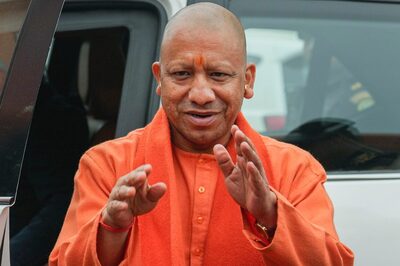


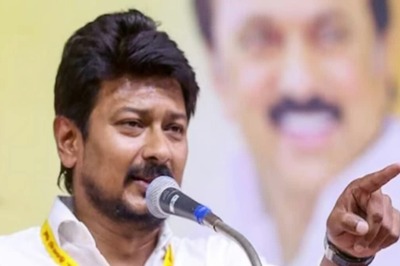
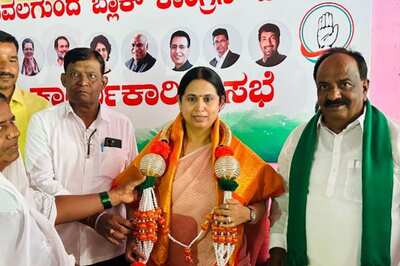
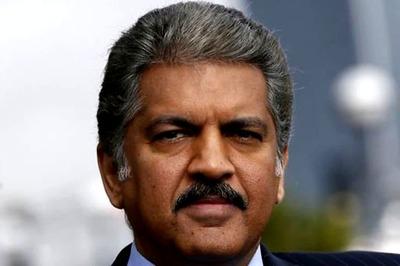
Comments
0 comment